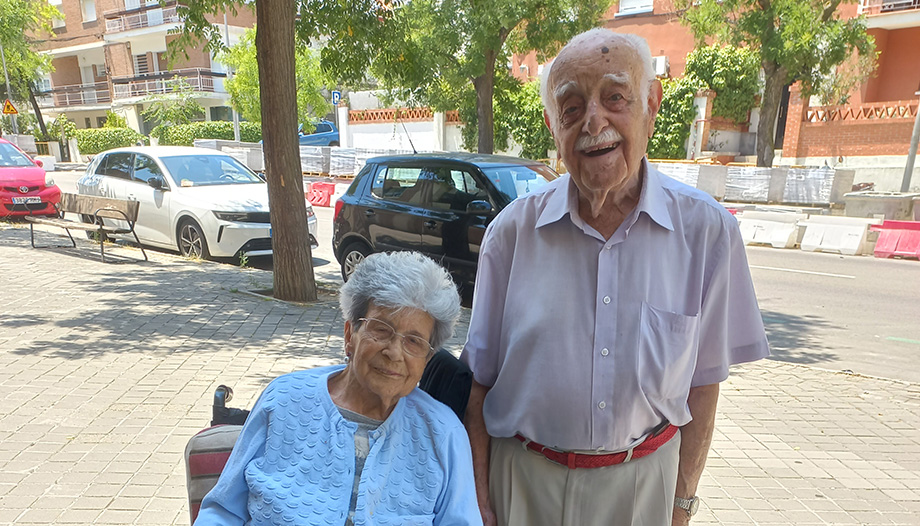The importance of diet in achieving longevity has been known for many years. Bacon, in the 17th century, highlighted the importance of frugal meals to reach an advanced age. The key could be summarized as avoiding obesity and associated diseases such as diabetes and hypertension. For a healthy life also in old age, it should be prevented throughout life, following the advice given in previous articles.
Over the years, lean mass decreases and fat increases, which, together with the decrease in metabolism, favors overweight and obesity. But the good news is that it appears that mild overweight in the elderly is associated with a lower risk of mortality compared to people of normal weight. However, obesity itself is associated with an increased mortality of 29 %. We do not yet know whether light overweight is really protective, or whether this result is due to the fact that the normal weight group includes people with chronic diseases, diseases that would be the cause of weight loss. In any case, unintentional weight loss in an older person indicates the need for a clinical evaluation to find out the cause.
If we are talking about dementias of the dementia type, we are talking about Alzheimer'sThere is no nutrient that prevents it, but some studies indicate that a higher intake of antioxidants (mainly in fruits and vegetables) and fish throughout adulthood reduces the risk of suffering it. Good control of hypertension and diabetes, if present, also protects against brain disease.
Lactose intolerance is also common in the elderly, which manifests itself with digestive discomfort (gas, abdominal pain...) after milk intake. In these cases it is effective to replace milk with yoghurts - in which the lactose has been fermented to lactic acid - so as not to compromise the calcium intake, since the lack of calcium favors osteoporosis, which is so frequent at this age, especially in women. In addition, the elderly often need vitamin D supplements, which acts synergistically with calcium at the bone level.
In the elderly we also often see cases of malnutrition, caused by circumstances associated with age. On the one hand, alterations in taste and smell decrease appetite, and there may be dental problems that prevent proper chewing. There may also be physical disabilities that make it difficult to buy and prepare food. In this case, help from other people or canteens may be needed. collectives may be the solution.
The elderly often take several medications (polypharmacy) that can have side effects (nausea, vomiting, etc.) that interfere with nutrition. Nor should we forget loneliness and psychological disorders, such as depression, which also favor malnutrition situations.
As for vitamin deficiencies, it is not uncommon to find low levels of vitamin B12 in some elderly people. It is usually due to the fact that the absorption of this vitamin is hindered due to age, and sometimes also to the use of drugs that reduce its bioavailability, such as metformin (used by diabetics) and omeprazole and similar (widely used by people with gastric discomfort). The deficiency of this vitamin B12 can cause anemia, and also a dementia that can be reversible with the contribution of this vitamin. It is found mainly in meat, and often the elderly eat little meat, due to chewing difficulties. In people with risk factors for deficiency of this vitamin, the physician may order a blood test to determine the level and, in case of deficiency, prescribe vitamin supplements.
The presence of anemia or iron deficiency in the elderly indicates that the cause of this deficiency should be sought, ruling out chronic blood loss through the digestive tract.
Even visual disturbances are related to diet. Senile cataracts are due to oxidative stress, induced by the action of the sun's ultraviolet rays, the onset of which can be delayed by a diet rich in antioxidants (again, fruits and vegetables).
Medical specialist in Endocrinology and Nutrition.








